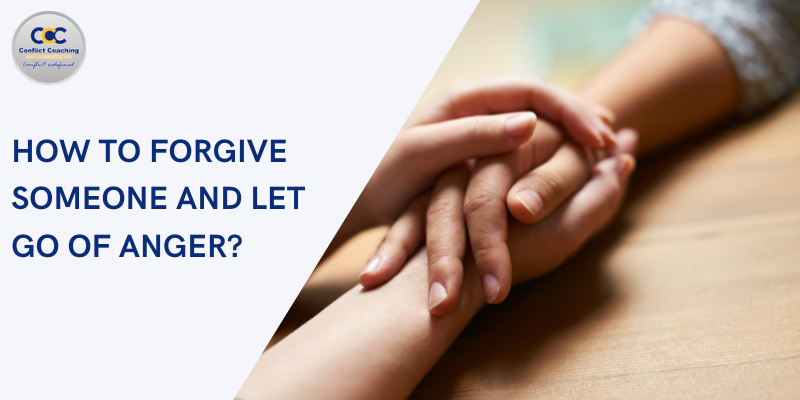
How to Forgive Someone and Let Go of Anger?
The journey to forgiveness is a liberating experience when it comes to complex human emotions. Understanding how to forgive someone and let go of anger takes you on this transformative path, guiding you through releasing resentment and finding emotional freedom.
Forgiveness is not a declaration of defeat, nor does it require you to forget the pain. Instead, it’s a courageous choice – a conscious and compassionate decision to exclude yourself from the feelings of anger.
This guide explores practical strategies that empower you to navigate the complexities of forgiving someone while safeguarding your emotional well-being.
Additionally, this blog helps you explore layers of anger and resentment, allowing you to let go, grow, and forge a path toward emotional liberation.
Why Is It Important to Forgive?
Forgiveness is an act of liberation, an empowering choice to safeguard your emotional well-being. Contrary to misconceptions, forgiveness doesn’t demand accepting or excusing past wrongdoings. It’s not about forgetting the pain; it’s about releasing the emotional burden that anger and resentment bring.
Studies reveal that forgiveness is intrinsically linked to greater psychological well-being. When you choose to forgive, you aren’t granting the wrongdoer a pass; you’re giving yourself permission to heal.
Resentment, on the other hand, fuels anger. It’s a cycle that never diminishes but continues impacting your mental and emotional health. By practicing forgiveness, you break this cycle, allowing yourself to step out of the shadow of anger and into the light of emotional liberation.
By choosing to forgive, you seize control of your emotional well-being, navigate toward healing, and create space for growth. The importance of forgiveness lies in its ability to set you free from anger, resentment, and the past, ultimately leading to a more peaceful and fulfilled life.
Why Won’t Revenge Make You Beat Anger?
While seeking revenge might appear momentarily satisfying, it’s an ineffective strategy for overcoming anger in the long run. Seeking revenge can intensify your anger, leading to a cycle of negativity.
Studies conducted by experts in psychology, such as Michael McCullough and Robert A. Emmons, reveal that revenge tends to keep negative emotions alive and well instead of providing relief.
When you seek revenge, you keep yourself emotionally connected to the person or situation that caused the initial anger.
This maintains a state of heightened emotions and keeps your focus on the negativity. Moreover, the planning and execution of revenge can consume significant mental and emotional energy, diverting your attention from more positive aspects of your life.
McCullough and Emmons, in their research on forgiveness and well-being, found that individuals who choose to forgive experience a reduction in negative emotions, including anger. They observed that forgiveness offers a way to detach emotionally from the source of anger, allowing for healing and personal growth.
In essence, revenge may seem like a way to vent frustration, but it ultimately deepens anger. On the contrary, forgiveness, a conscious choice to release anger’s grip, emerges as the key to breaking free from resentment and fostering emotional well-being.
What Are the Benefits of Forgiveness?
Forgiveness is a powerful force beyond pardoning someone else; it significantly impacts your well-being. Embracing forgiveness carries many benefits that contribute to your mental, emotional, and even physical health.
- Reduced Stress: Letting go of anger and resentment through forgiveness helps lower stress levels. Holding onto grudges keeps your body in a constant state of alert, contributing to elevated stress hormones.
- Enhanced Mental Health: Forgiveness is associated with decreased symptoms of depression and anxiety. By releasing the negative emotions tied to the past, you create space for positive thoughts and emotional healing.
- Improved Relationships: When you choose forgiveness, you create an opportunity for reconciliation and rebuilding strained relationships. It fosters open communication and understanding, paving the way for healthier interactions.
- Increased Empathy: Forgiveness involves understanding and compassion. It encourages you to see situations from different perspectives, nurturing your capacity for empathy.
- Enhanced Emotional Well-being: The act of forgiving grants you emotional freedom. It liberates you from anger and resentment, allowing you to experience greater happiness and inner peace.
- Physical Health Benefits: Practicing forgiveness can lead to lower blood pressure, improved cardiovascular health, and a strengthened immune system. The mind-body connection underscores the holistic nature of forgiveness.
- Personal Growth: Forgiveness is a journey of self-discovery and growth. It requires introspection, resilience, and the ability to challenge negative emotions, fostering personal evolution.
By embracing forgiveness, you empower yourself with many positive outcomes, contributing to a healthier and more fulfilling life. If you are having issues controlling your emotions, enroll in online anger management classes offered by Mastering Anger. These courses can help you understand your emotions and manage your anger effectively.
6 Steps to Forgive Someone and to Beat Your Anger
Forgiveness is a process that requires mindful steps, a journey toward emotional liberation that benefits the person you’re forgiving and enriches your own well-being. The path to forgiveness encompasses understanding, empathy, and a commitment to releasing the chains of anger.
1. Acknowledge Your Anger and Pain
Begin by acknowledging the emotions that are festering within you. Recognize your anger and pain without judgment. It’s essential to allow yourself to feel what you’re feeling, as this acknowledgment forms the foundation for healing.
2. Avoid Plotting Your Thoughts of Revenge
While seeking revenge might seem tempting, it only perpetuates the cycle of anger. Instead, make a conscious choice to let go of revenge fantasies. Understand that revenge won’t provide lasting relief and can intensify negative emotions.
3. Try to Look at Things From Another Point of View
Empathy plays a crucial role in forgiveness. Attempt to view the situation from the other person’s perspective. This doesn’t mean you’re excusing their actions, but it helps you understand their motivations, fostering a sense of compassion.
4. Accept the Hurt, but Do Not Dwell
Accept that you’ve been hurt, but resist the urge to meditate on the pain. Constantly replaying the hurtful incident can keep your anger alive. Instead, focus on letting go and moving forward.
5. Take a Conscious Decision to Forgive
Ultimately, forgiveness is a choice – a conscious decision to release the grip of anger. Recognize that forgiving someone doesn’t mean condoning their actions; it means freeing yourself from the emotional burden.
6. Release the Offender
In your journey towards forgiveness, releasing the offender is a pivotal step. It means consciously freeing yourself from the emotional grip their actions hold. By doing so, you regain control, allowing space for healing and emotional liberation.
By following these steps, you can take the first step towards emotional healing. The act of forgiveness is essential for your inner peace.
Conclusion
When it comes to complex human emotions, forgiveness is the basis for empathy, growth, and inner peace. Understanding how to forgive someone and let go of anger can help you become an empath and improve your emotional well-being.
By following the steps mentioned in this guide, you can let go of resentment, liberating yourself from negative emotions. You free yourself from the cycle of negativity and create space for understanding and healing.
Forgiveness isn’t about absolving others of their wrongdoing; it’s about granting yourself emotional freedom. It’s about breaking free from the chains that bind you to the past, opening the door to growth and personal evolution.
As you journey from hurt, anger, to forgiveness, you embrace the transformative power of compassion, empathy, and understanding. Ultimately, forgiving someone isn’t just an act of kindness; it’s an act of self-love, a step towards inner harmony!
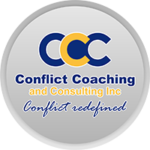

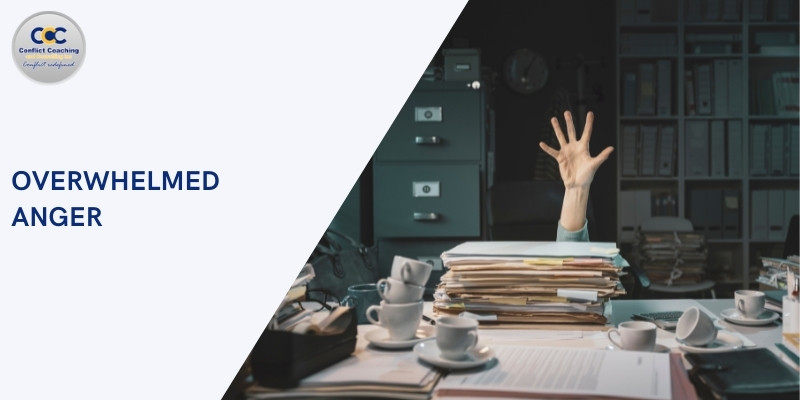

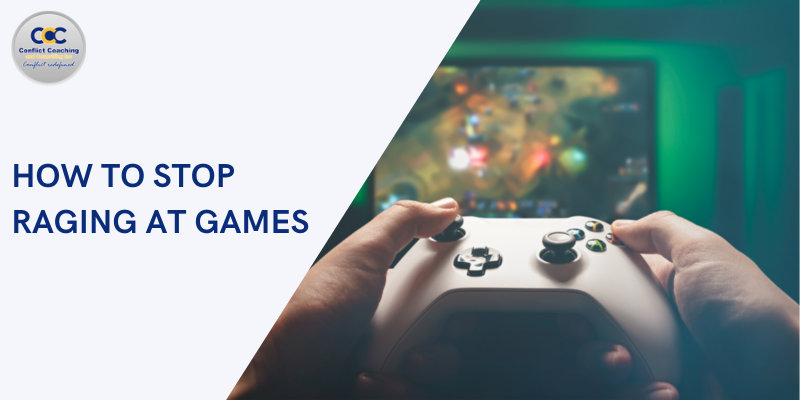
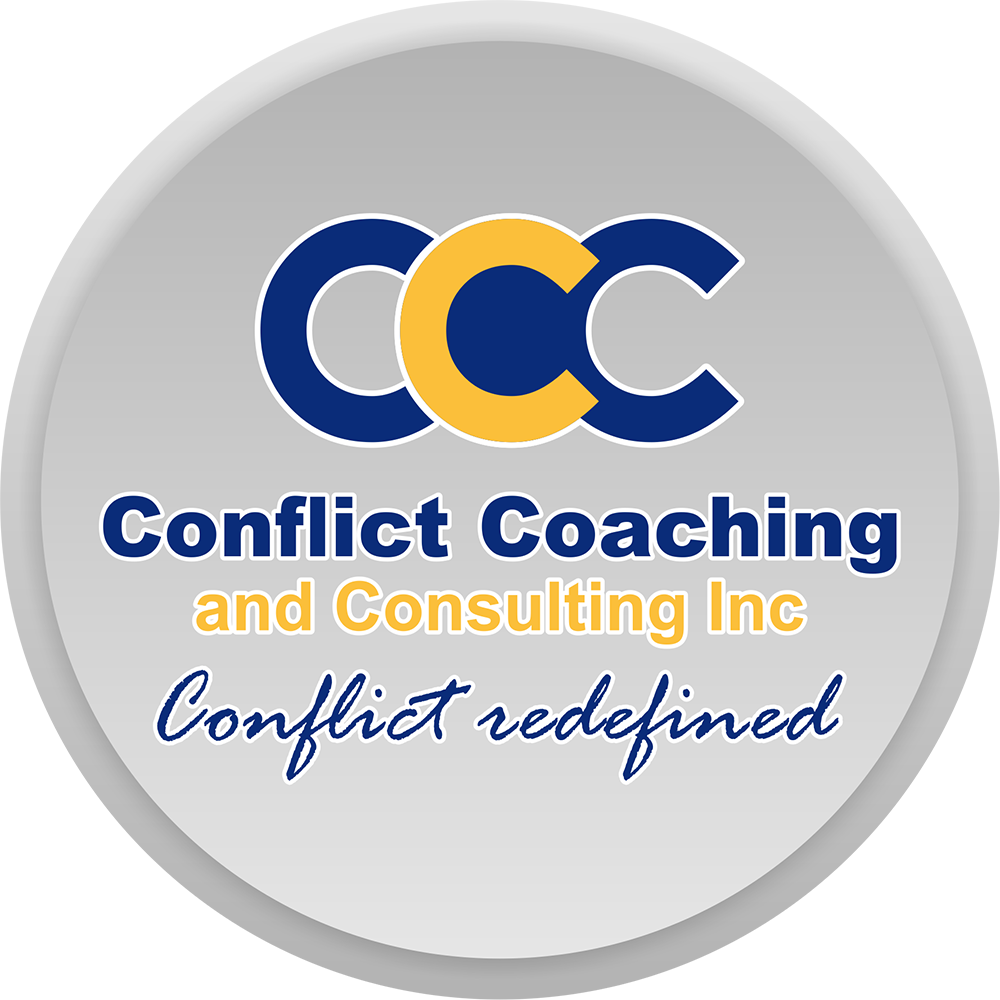
Responses